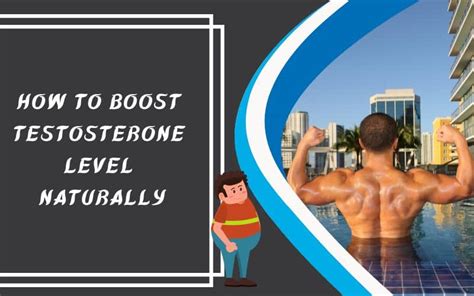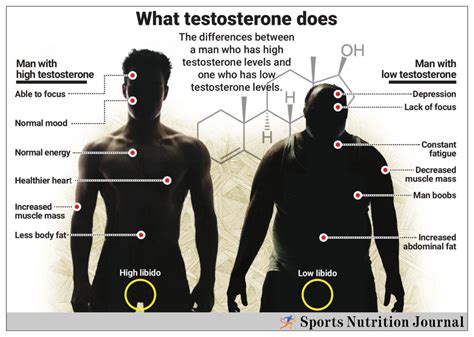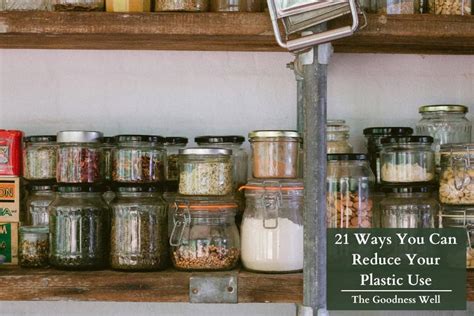How to naturally boost low testosterone for peak male vitality & performance?

Testosterone, often hailed as the cornerstone of male identity, plays a pivotal role far beyond just sex drive and muscle mass. This crucial hormone influences mood, energy levels, bone density, red blood cell production, and cognitive function. As men age, or due to various lifestyle factors, testosterone levels can naturally decline, leading to a myriad of undesirable symptoms collectively known as low T.
Understanding the Impact of Low Testosterone
Low testosterone can manifest in numerous ways, significantly impacting a man’s quality of life. Symptoms often include decreased libido, erectile dysfunction, fatigue, reduced muscle mass and strength, increased body fat, mood swings, irritability, difficulty concentrating, and even depression. Recognizing these signs is the first step towards addressing the issue and reclaiming your vitality.

Lifestyle Foundations: Your Natural Testosterone Boosters
The most potent and sustainable strategies for boosting testosterone naturally lie within fundamental lifestyle adjustments. These aren’t quick fixes but long-term commitments that yield profound benefits.
1. Optimize Your Diet
- Healthy Fats: Don’t shy away from healthy fats found in avocados, nuts, olive oil, and fatty fish. Cholesterol is a precursor to testosterone, and healthy fats are essential for its production.
- Protein Intake: Adequate protein (lean meats, eggs, legumes) supports muscle growth, which in turn can positively influence testosterone levels.
- Micronutrient Powerhouses: Ensure sufficient intake of zinc (oysters, beef, pumpkin seeds) and Vitamin D (fatty fish, fortified foods, sun exposure), both critical for testosterone synthesis.
- Limit Sugar & Processed Foods: High sugar intake can lead to insulin resistance, which is linked to lower testosterone.
2. Embrace Strategic Exercise
- Strength Training: Lifting weights, especially compound movements like squats, deadlifts, bench presses, and rows, has been shown to significantly elevate testosterone levels. Aim for heavy lifts with proper form.
- High-Intensity Interval Training (HIIT): Short bursts of intense exercise followed by brief recovery periods can also provide a strong hormonal response.
- Avoid Overtraining: While exercise is crucial, excessive chronic cardio or overtraining can actually depress testosterone levels by increasing cortisol.
3. Prioritize Quality Sleep
Testosterone is primarily produced during the deep sleep cycles. Chronic sleep deprivation, even just a few nights, can drastically reduce T levels. Aim for 7-9 hours of uninterrupted, quality sleep per night. Establish a consistent sleep schedule, create a dark and cool sleep environment, and limit screen time before bed.
4. Manage Stress Effectively
Chronic stress elevates cortisol, the body’s primary stress hormone. High cortisol levels have a direct inverse relationship with testosterone, meaning as cortisol goes up, testosterone often goes down. Incorporate stress-reduction techniques such as meditation, yoga, deep breathing exercises, spending time in nature, or engaging in hobbies you enjoy.

Targeted Nutritional Support & Natural Supplements
While lifestyle changes are paramount, certain supplements can offer additional support, but always consult with a healthcare professional before starting any new regimen.
- Vitamin D: Many men are deficient. Supplementation (especially D3) can significantly impact testosterone levels, particularly when combined with sun exposure.
- Zinc: Essential for hormone production; deficiencies are common.
- Magnesium: Plays a role in over 300 biochemical reactions, including testosterone synthesis.
- Ashwagandha: An adaptogenic herb shown in studies to reduce cortisol and increase testosterone.
- Fenugreek: Some research suggests it can help increase free and total testosterone levels.

Environmental Factors and Other Considerations
Beyond diet, exercise, and sleep, other factors can silently impact your hormonal balance.
- Limit Xenoestrogens: Found in plastics (BPA, phthalates), pesticides, and certain personal care products, these endocrine disruptors can mimic estrogen in the body, potentially lowering testosterone. Opt for glass or stainless steel containers, and choose organic produce when possible.
- Maintain a Healthy Weight: Excess body fat, particularly around the abdomen, can lead to increased estrogen conversion from testosterone (aromatization), thus lowering T levels.
- Moderate Alcohol Intake: Excessive alcohol consumption can negatively impact the testes and liver, reducing testosterone production.

Monitoring and Professional Guidance
While natural methods are powerful, it’s crucial to understand your starting point. Blood tests can accurately measure your testosterone levels. If you suspect low T, consult with a doctor or an endocrinologist. They can rule out underlying medical conditions and provide personalized guidance, especially if natural approaches alone aren’t sufficient or if your levels are critically low.

Conclusion
Boosting testosterone naturally is a holistic journey that empowers you to take control of your health. By diligently focusing on a nutrient-rich diet, effective exercise, restorative sleep, and stress reduction, you lay a robust foundation for optimal hormone production. Incorporating targeted supplements and being mindful of environmental factors can further enhance your efforts. Embrace these strategies, listen to your body, and work with healthcare professionals to unlock peak male vitality and performance, leading to a more energetic, focused, and fulfilling life.









